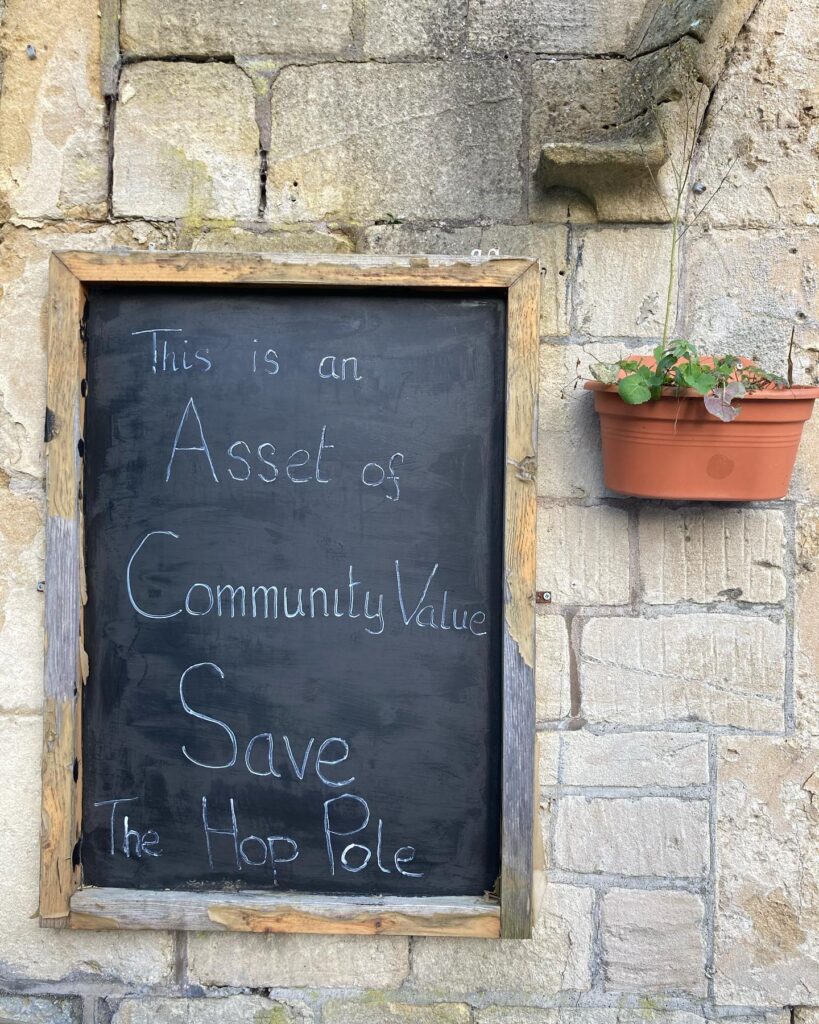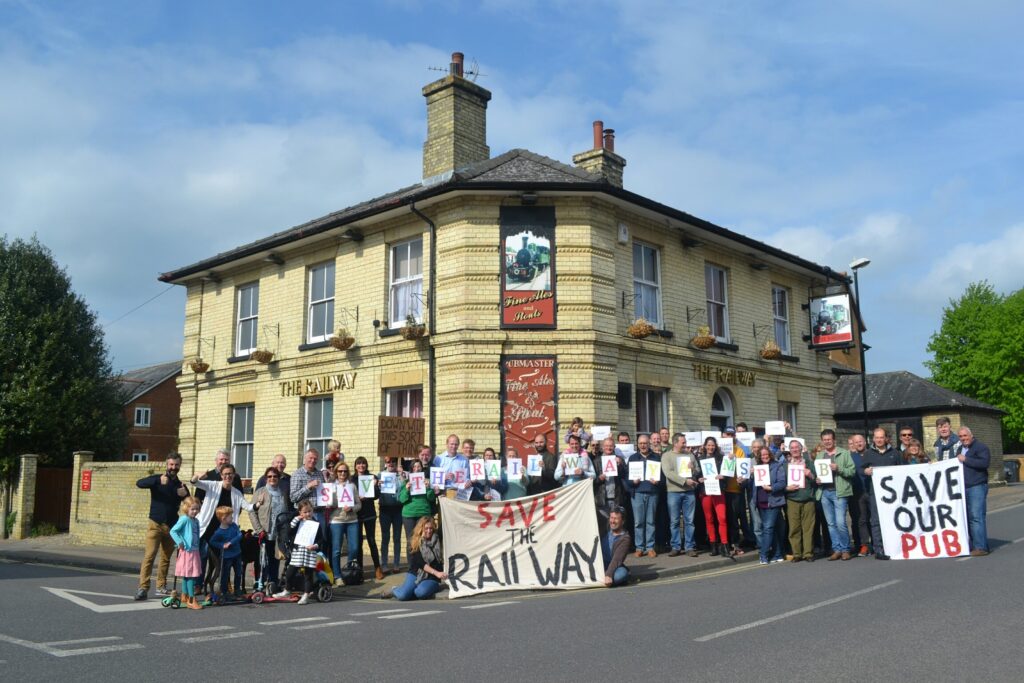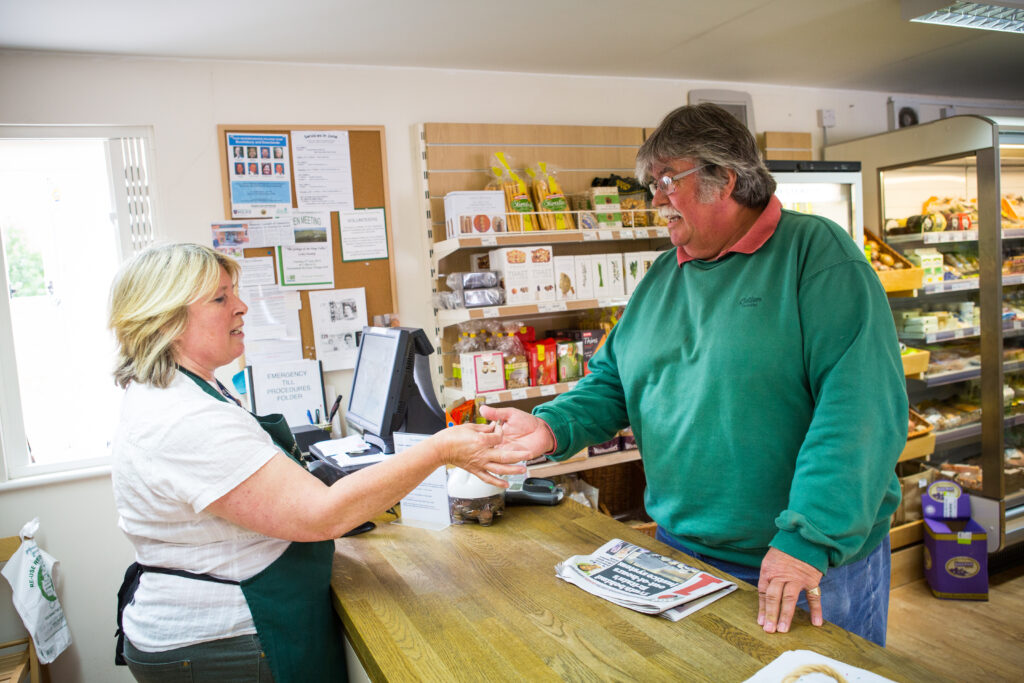The most comprehensive database of English Assets of Community Value has been updated by Plunkett UK.

Plunkett UK has updated the information held on its Keep it in the Community database, which contains information related to all registered, rejected, expired and removed Assets of Community Value from across England.
Having reviewed information from all 317 English council’s, the database now provides the most comprehensive overview of community interest in taking ownership of local assets across the country.
As an overview, there are 3,399 currently listed assets in England:
Plunkett’s offer to local councils
Local councils play an important role in the ACV process, acting as the point for communities to register the assets that matter most to them.
At a time when local authority finances are facing well documented pressures, Plunkett wants to work with councils to improve the efficiency of their ACV registration processes, saving the authority time and costs in reviewing applications, as well as growing the community ownership movement across the country.
From reviewing the latest data, which shows a wide inconsistency in how councils are currently managing the ACV process in their area, Plunkett believes that the process of registering an asset with a local council could be made simpler and more transparent.
Using KIITC as the central point of information for ACVs, Plunkett is seeking to engage with councils to:
- Raise awareness of community ownership and how the model works in different contexts
- Offer access to advice and support to help communities register assets in their local area
- Enable local groups engaged with the Community Right to Bid process to access advice and support related to setting up a community-owned business, or community-led organisation to progress their ambitions
The outcome would be a greater volume of assets being listed with a genuine interest in bringing them into community ownership, should they become available for sale. Local councils would also receive higher quality nominations and proactively support growing the community and social economy in their authority area.
To discuss this work please contact data@plunkett.co.uk, to set up an appointment. Plunkett is particularly interested in speaking with authorities that have an allocation of UKSPF and that are wanting to support the social economy in their local area.
What is a community-owned business?
Community-owned businesses are owned and controlled by community members, who each have an equal and democratic say in how the business is run. They can be any type of business ranging from village shops, pubs and cafes, through to woodlands, fisheries and farms.
Plunkett UK has promoted the community ownership model for over 100 years because of its track record for delivering better businesses for people, communities, the economy, and the environment.
What does the future hold?
We continue to develop the keep it in the community resource and are currently working on a platform where we directly host a councils’ assets of community value register where they can add, update, and remove listings.
Now we have a robust data set we can also offer councils an individually tailored report showing how they compare with the national trends and offer guidance to improve the rate of nominations across the country.







